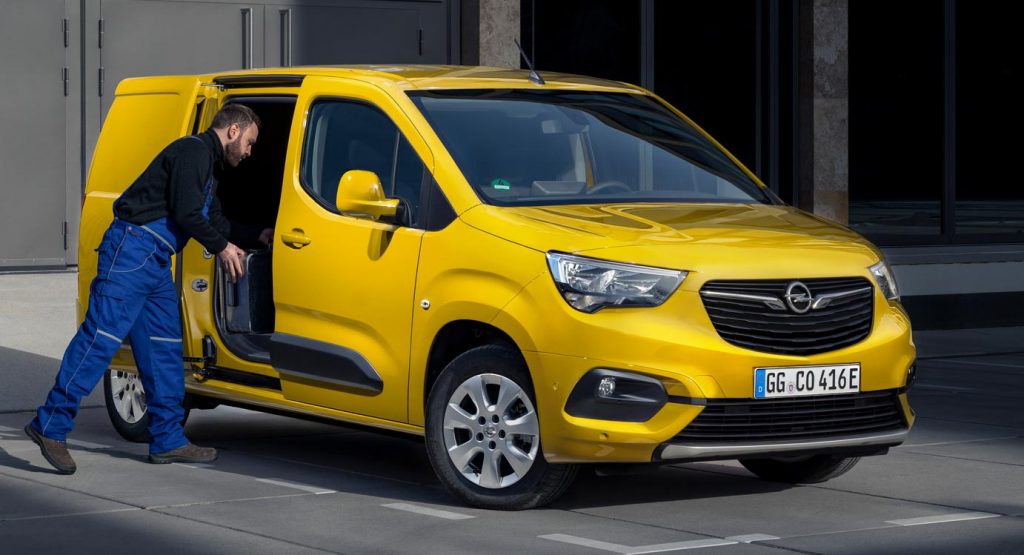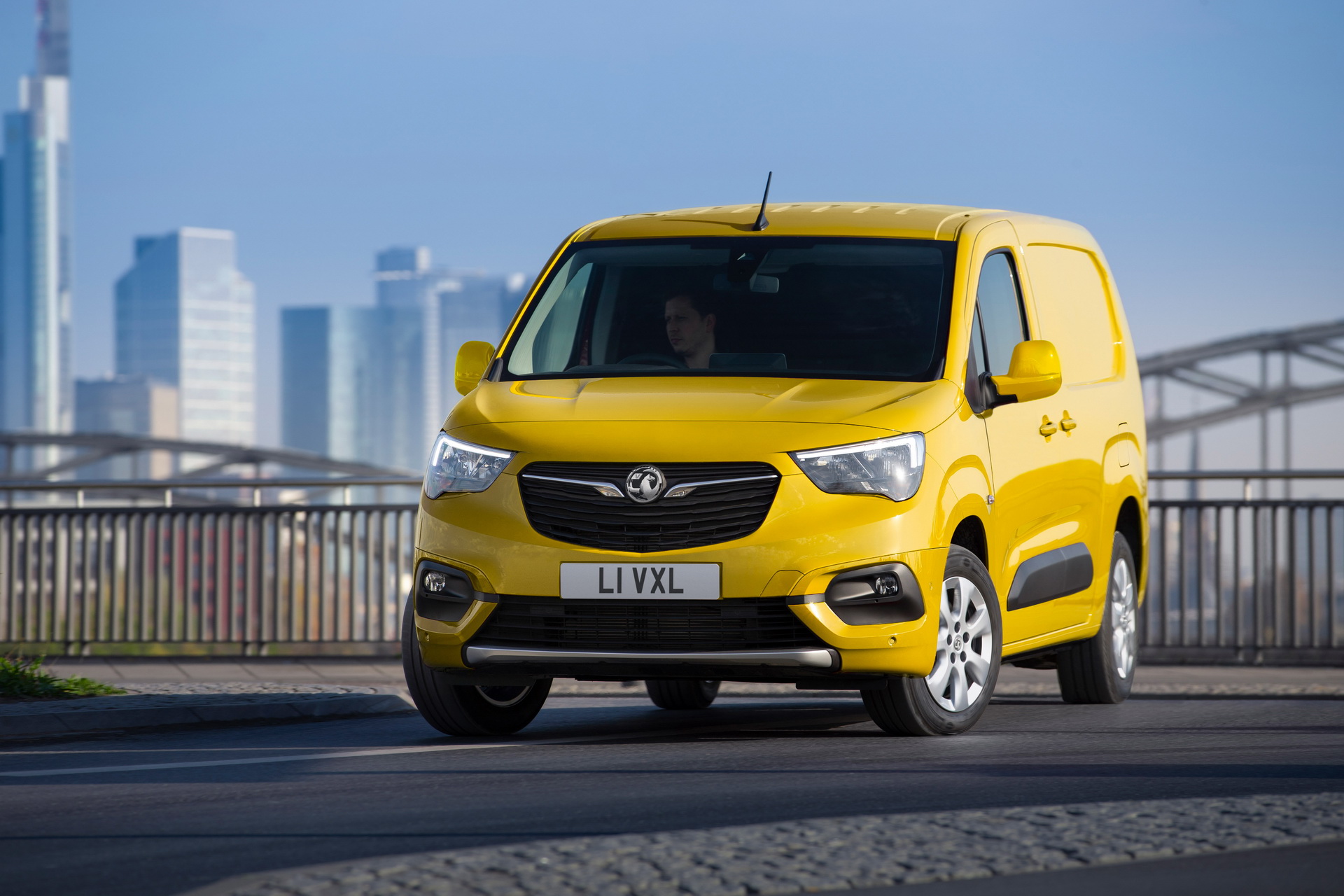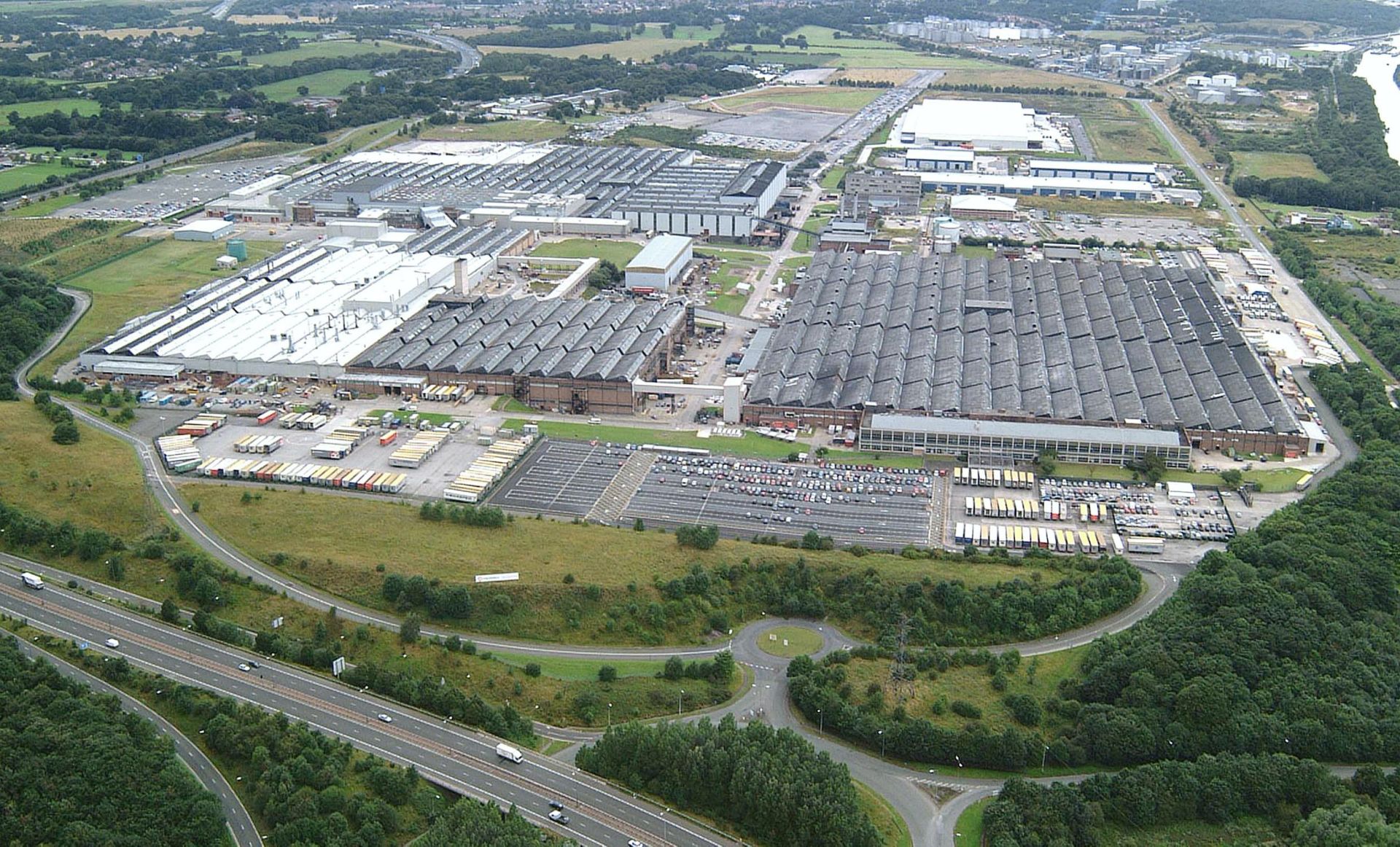Stellantis recently announced that their factory in Ellesmere Port, UK, will no longer be dedicated to the production of the Opel Astra. Instead, the plant will serve as a production site to build fully electric versions of the Opel/Vauxhall Combo, Peugeot Partner, and Citroen Berlingo — popular small vans from each of their subsidiaries.
Ellesmere Port will be the very first factory in the Stellantis production network to be dedicated to building electric vehicles, a decision that saved the fate of the plant, which was at risk ever since the automaker decided to relocate production of the new Astra Tourer to Opel’s home factory back in Ruesselsheim in Germany. The plant will initially produce 50,000 units a year on a double shift system, with the electric units being sold in the UK and exported to continental Europe.
Stellantis has planned to build a brand-new body shop along with a battery pack assembly point on site. For now, the company will receive battery cells from its existing suppliers but is looking forward to initiating its automotive cells company venture with TotalEnergies as soon as 2023.
Read: The 2022 Grandland Receives A Heavy Restyling From Open And Vauxhall
However, Stellantis’ production plan falls below the original production capacity of Ellesmere Port, which, at its peak, was churning out up to 160,000 units. However, according to Automotive News Europe, Stellantis plans to retain all 1000 jobs currently at the plant, welcome news for the UK manufacturing industry.
The company already produces commercial vans at their factory in Luton but announced in May that the Luton plant will receive a third shift to meet the exceedingly growing demand of the Vivaro, Citroen Jumpy, and Peugeot’s Expert. Statistics suggest that van sales are cascading in Europe, primarily due to the sudden demand for online delivery services as a result of the pandemic. Stellantis also mentioned that their initiative to produce zero-emission vans would contribute immensely to reduce the carbon footprint in towns and cities.
The automaker is said to be spending 100 million ($138 million) to revamp the factory before it is finally ready for all-electric vehicle production, expected to commence at the end of 2022. Their investment towards an electric future will receive financial support from the British government, which Carlos Tavares, CEO of Stellantis, said is essential for this development. An exact figure wasn’t revealed but is expected to be somewhere around 30 million pounds.










